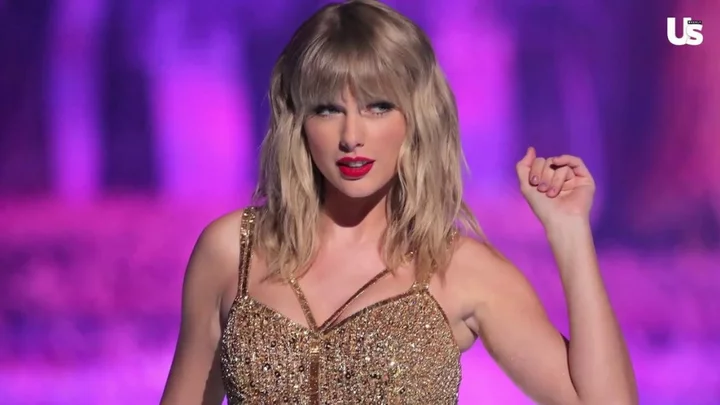Taylor Swift fans have shared feelings of forgetfulness after seeing the pop-star performing on her highly anticipated Eras Tour.
Speaking to Time, Jenna Tocatlian, 25, spoke about her experience seeing Swift at Gillette Stadium in Massachusetts. Speaking about one of Swift’s nightly surprise songs
At the concert that Tocatlian attended the song was 'Better Man', but she said: ‘If I didn’t have the 5-minute video that my friend kindly took of me jamming to it, I probably would have told every that it didn’t happen.’
She added that as she waited to leave the stadium, during an hour-long wait, she found it difficult to grasp the reality of a night she had waited so long to experience. ‘It’s hard to put together what you actually witness,’ she told Time.
Sign up to our free Indy100 weekly newsletter
It seems Tocatlian isn’t the only one experiencing ‘post-concert amnesia’.
Taking to social media, many users have shared their inability to recall the events of the show, from small details to even significant parts of the concert. Some described having feelings of guilt after waiting so long to attend the show and leaving without explicit memories.
Ewan McNay, an associate professor in the psychology department at the State University of New York in Albany, told Time that the experience may be a result of too much excitement.
He explained that ‘this is not a concert-specific phenomenon - it can happen any time you’re in a highly emotional state.’ This is because as a result of feelings of excitement, the body’s stress levels increase, which in turn causes neurons associated with memory to start firing indiscriminately. McNay shared that this makes forming new memories ‘really hard.’
The biological explanation for this occurrence is due to the body seeing excitement as a state of stress. The body then starts pumping out the brain’s favourite molecule for memory: glucose. Because the body thinks it’s stressed, it doesn’t want to waste energy on memory formation. Your vagal nerves, which regulate internal organ functions, also become stimulated as a result of the perceived stress.
All this causes the part of your brain responsible for emotional processing - known as your amygdala - to release a neurotransmitter called norepinephrine. This helps to categorise memories as having high emotional content, increasing the likelihood that they’ll be stored vividly in your mind.
However, McNay goes on to explain that too much of this chemical release can actually invest the process, especially if caffeine or alcohol are included. Which leads to your brain struggling to create and store new memories.
For those who want to try and have a better memory of an important event, whether it’s seeing Taylor Swift, or getting married, McNay shared some helpful techniques. He says to try and achieve a ‘semi-meditative state’ and relaxing.
He also adds that physical responses such as screaming at a concert tells the body that you must be scared. If you stand still in a more relaxed state, your brain will know not to get too excited, and aid the formation of new memories.
Have your say in our news democracy. Click the upvote icon at the top of the page to help raise this article through the indy100 rankings.

